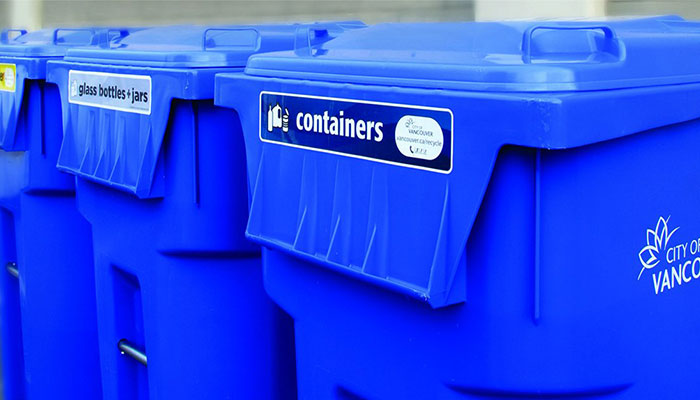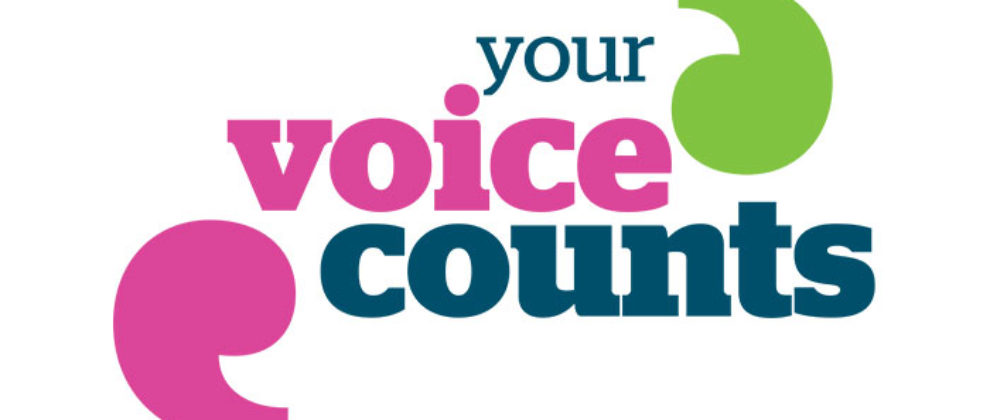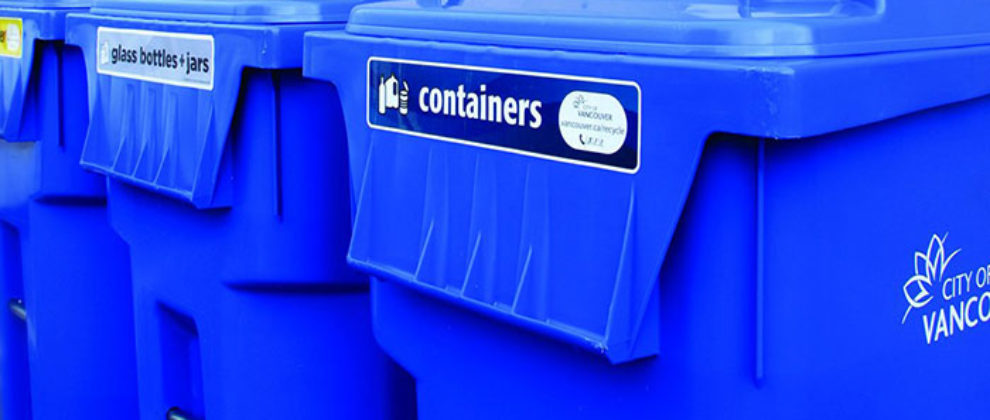Multi Material BC (MMBC) describes themselves as follows:
MMBC is a not-for-profit agency established under the British Columbia Society Act, and is part of Canadian Stewardship Services Alliance Inc.’s (CSSA) family of recycling organizations.
MMBC have been selected by the B.C. Ministry of Environment as the only approved agent to collect fees from business to pay for curbside waste collection services in the province.
A claim repeatedly made by the Minister of Environment and Multi Material BC (MMBC) is that businesses can simply opt out and create their own stewardship plans. These claims ignore the fact that the deadline to submit a Product Stewardship Plan for Packaging and Printed Paper to the Ministry of Environment was November 19, 2012.
There is only one government-approved agent for recycling PPP, and that is Multi Material BC.
The regulations require that a producer collects back 75 per cent of printed paper and packaging that they put into the residential waste stream. Creating a separate stewardship plan like MMBC and the Minister suggest is so prohibitively expensive that it is impossible for the vast majority—if not all businesses.
No. On February 5, 2014 MMBC announced the following exemption for businesses meeting any one of these conditions:
under one million dollars in annual revenues
under one tonne of packaging and printed paper (PPP) supplied to B.C. residents
operating as a single point of retail sale and not supplied by or operated as part of a franchise, chain or under a banner.
Thousands of B.C. small- and medium-sized enterprises are still captured by the regulations. For example, a pizza shop owner from a popular chain of restaurants is reportedly being charged over $450 per week to cover their MMBC obligation. A well-known fast food chain is reportedly requiring their franchisees to hand over one per cent of their annual profits to cover the new MMBC fees.
Businesses just below the $1 million or 1 tonne of PPP looking to grow or expand into a second location have a tough decision to make—do we grow, do we hire more staff, or do we stagnate or shrink to avoid these new costs? The “1-1-1″ exemption may inadvertently stall B.C.’s economic growth as a result.
Multi Material BC (MMBC) claims that they will not be issuing fines, and that it is the Government of British Columbia that will be penalizing businesses.
However, municipalities became deeply concerned about fines for “contamination” (when recycling material is mixed together, such as plastic and glass). Until local governments raised concerns, MMBC set no limit to the number of times it could fine municipalities – at $5,000 per truckload. That “limit” is now set at $120,000 for municipalities.
For registered businesses there is another costly threat from MMBC: fines for late payment. In this attached presentation slide from MMBC, the organization outlines their charges of 4 per cent plus prime for missing a quarterly payment.
Owners of franchises such as small food establishments may have no choice but to pay MMBC, albeit indirectly, even if they gross less than $1 million in annual revenue or produce 1 tonne of printed paper and packaging (PPP). Franchiser companies are registering as ‘volunteer stewards’ and sending the bill for their stewardship obligation back to the franchise owner.
Depending on the size of the business and the amount of PPP those costs could be in the hundreds or thousands of dollars per week. As a franchise owner, your direct competition may be businesses with a single retail location, under $1 million in gross revenue or under 1 tonne of PPP.
However, they will not have to pay MMBC and you will.
What is the budget for the #RethinkItBC campaign?
To date our group of business stakeholders have only had the following expenses:
The website you are reading now – $710
Staging the news conference on March 10, 2014 – $950
Advertising production cost c/o Newspapers Canada – $23,000
Promoted tweets c/o CFIB – $500
Ad space has been donated by participating newspapers.





